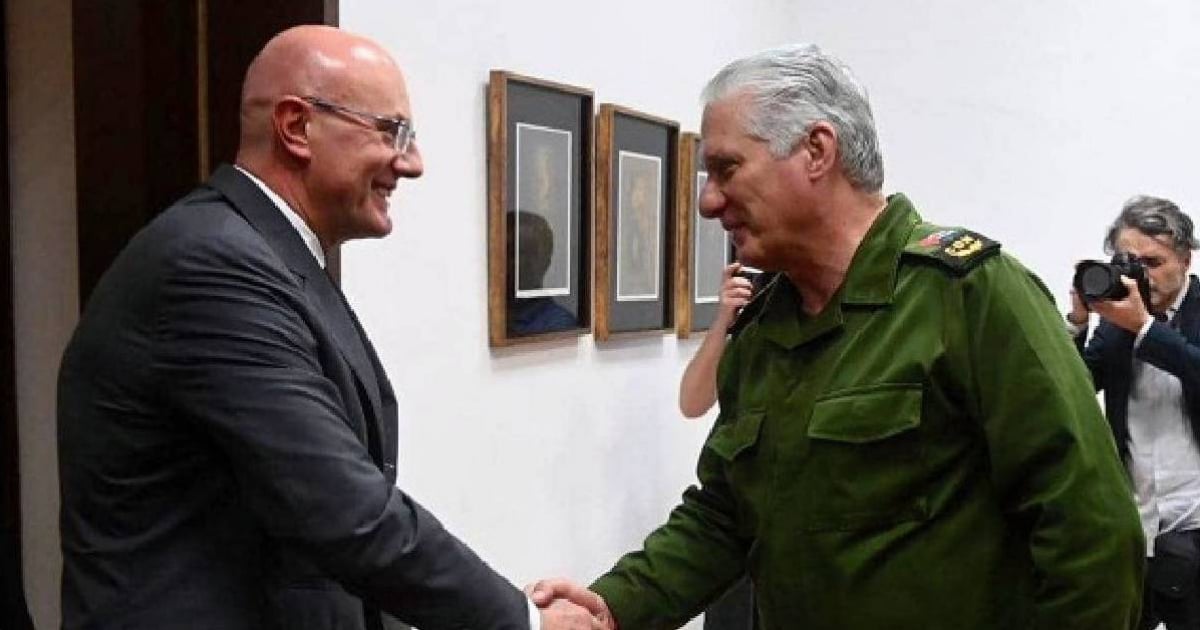Russia, a long-standing ally of Cuba's communist regime, has pledged to provide technical and logistical support to the island nation to address its beleaguered electrical sector, as stated by Sergei Baldin, Russia's trade representative in Cuba. The collaboration involves supplying spare parts, specialized equipment, and technical assistance to avert future energy crises.
"When we discuss Russo-Cuban cooperation in the fuel and energy complex (FEC) as a whole, we refer to Russia's involvement in ensuring Cuba's energy security," Baldin explained. This statement follows a recent energy collapse that left Cuba powerless for nearly four days, impacting millions of residents.
Challenges in Cuba's Energy Infrastructure
The Havana regime attributes the crisis to fuel shortages, increased electricity demand, and the deterioration of infrastructure, particularly in aging thermal plants like Antonio Guiteras, which relies on equipment over 35 years old.
Proposed Russian Projects
In this context, Russia proposed two joint ventures: one to boost oil production in Boca de Jaruco and another to modernize thermal power stations, along with technical assistance for refineries, as reported by the news agency Tass. The first project aims to increase crude oil extraction in Boca de Jaruco and reduce dependence on imports, while the second involves constructing four new 200 MW units in Habana del Este and Máximo Gómez, using Russian equipment.
Additionally, the third proposal includes digital solutions and logistical services for plants managed by CUPET. There are also considerations for implementing small hydroelectric plants and modernizing sugar mills, the report highlights.
Financial Hurdles and Strategic Interests
Baldin noted that one of the challenges for these projects is securing the necessary liquidity for Russian loans, given the strategic interest of both nations in strengthening Cuba's energy security. However, Moscow and, notably, the Cuban regime have remained silent about the "costs for the island" associated with this assistance.
Recently, Army General Raúl Castro made his first public appearance to welcome Lieutenant General Alexander Viacheslavovich Kurenkov, Russia's Minister of Emergency Situations, in Havana. The meeting occurred amid growing concerns about Cuba's internal situation, which also saw a $65 million credit from Russia in October to tackle the energy crisis.
This credit supplements other agreements, including a loan exceeding $60 million for fuel purchases and a $2 million donation to repair the island's electrical system. In March, Moscow approved changes to existing credit agreements, allowing Cuba to defer payments and pay in rubles, easing the strain on Cuba's ailing economy.
